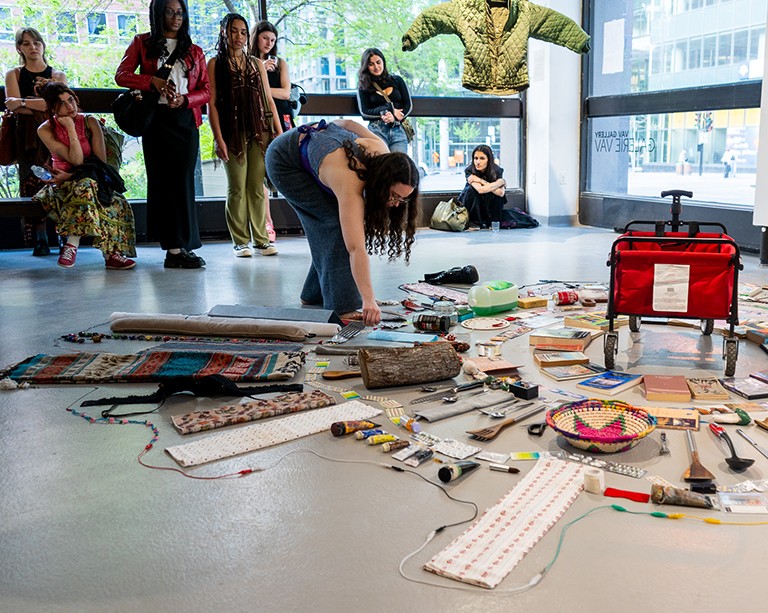Your March mentor tip: keep calm and get organized

Exam time is stressful, but it doesn’t have to be an utter nightmare!
Many of us make the mistake of jumping straight into studying, without planning ahead or making a schedule. Effective studying is not only about the amount of hours you spend. It’s also knowing what to read, finding the time to read it and focusing on and understanding the material.
It’s about being organized.
1. Make a list
Thinking about everything you need to do can be overwhelming. Write down all the things you need to study. Make a separate list for every course, and include the topics you need to cover, exercises to practice and lecture notes to go through.
This will not only give you a way to visualize your workload, it will also allow you to compare the size of the workload for each of your courses, so you can allocate your study time accordingly.
A list will also help you remember to go over every topic before the exam. Plus, there is the added satisfaction of crossing things off your list once you’ve completed them!
2. Plan your day
Semester planners and weekly schedule planners (available at the Student Success Centre) are an excellent way to help you manage your time. Use the weekly schedule planner to organize each hour of your day.
Block off the time taken up by class, work and other engagements, and use the remaining part of your day to organize a study schedule. Don’t forget to include time for leisure activities and breaks!
If it’s too difficult to make a schedule in advance for an entire week, take it one day at a time. Plan your schedule at night before going to bed, or before leaving home.
Set simple goals for each day, and allocate time for each of these goals. Stick to your schedule and reward yourself once you hit each target.
When you make a schedule, try to reserve the last day before the exam to review the entire syllabus and make any necessary revisions.
3. Keep things tidy
A cluttered workplace can lead to a cluttered mind. Keep yours free of unnecessary items. Set aside books, notes or any other materials you are not currently working with. This will make for a more comfortable study session and help you focus on the material you are reading at that moment.
Notes and other papers can really pile up over a semester. Try keeping your study materials grouped according to the courses they belong to. This will help when you need to search for a particular item. Organize them into indexed folders, and label them clearly so that they are easy to read at a glance. The same can be done with electronic documents.
4. Calm your mind
Starting your morning right can make all the difference. Effective studying depends more on your state of mind than the amount of time you spend staring at your books. Rushing off to the library as soon as you wake up is not always the best strategy! Before leaving home, take a few minutes to calm down, clear your head and prepare mentally for the day ahead.
Have a good, nutritious breakfast, go over your schedule and make sure you take everything you need with you. You will be surprised at how much more effective studying can be with a calm state of mind.
5. Take a breather
Keeping a calm mind is important while you are studying, too. When your brain feels like it is filled to the brim, take a break! It’s okay to give yourself a few minutes to unwind; in fact, it’s important.
Take a walk outside, a quick nap, a snack break or whatever helps you relax. Think of it as a reward for the progress you have made!


